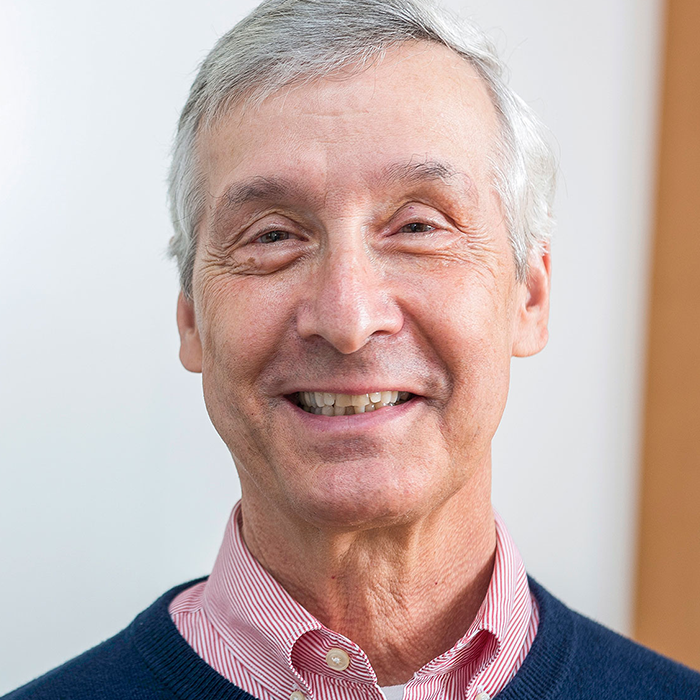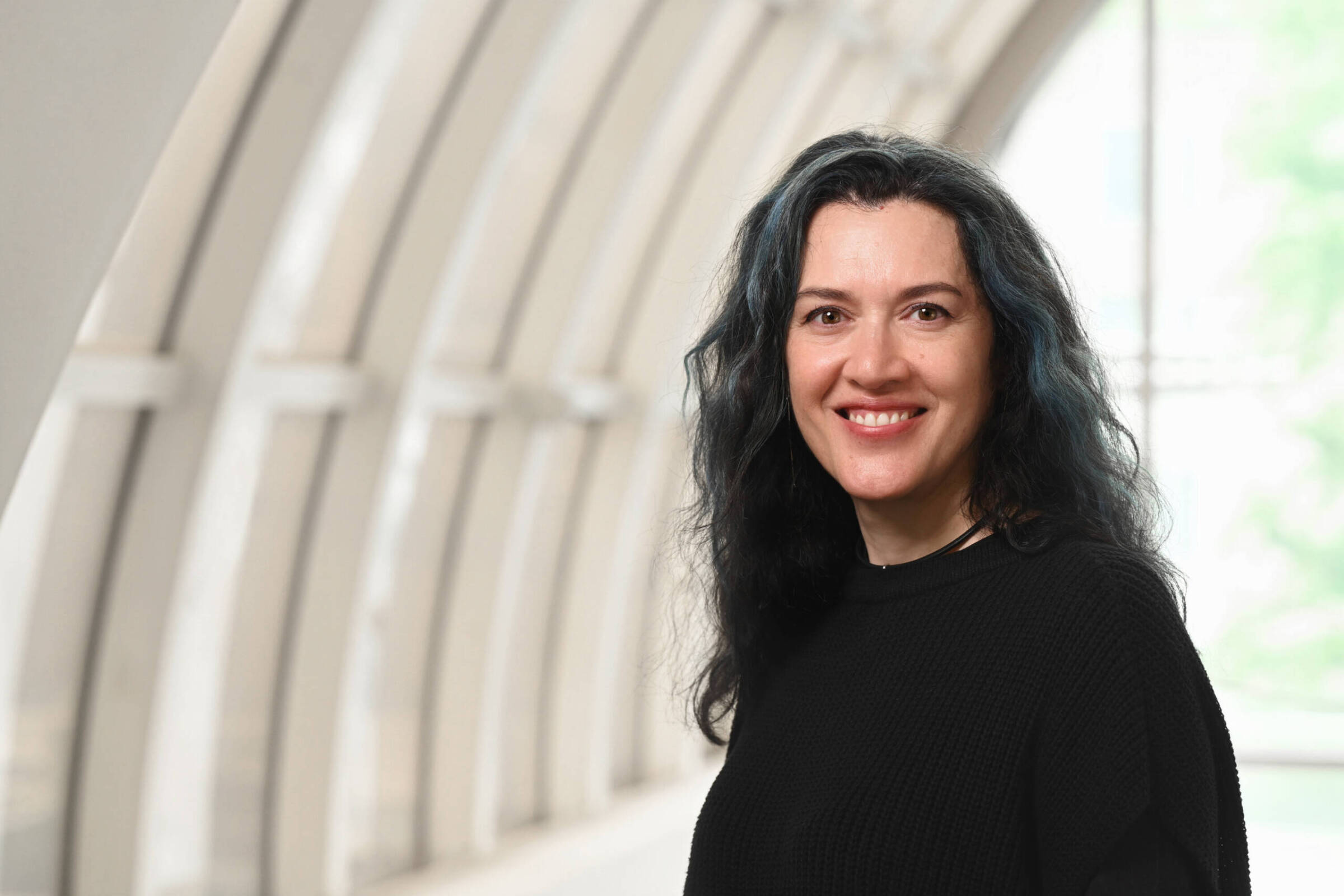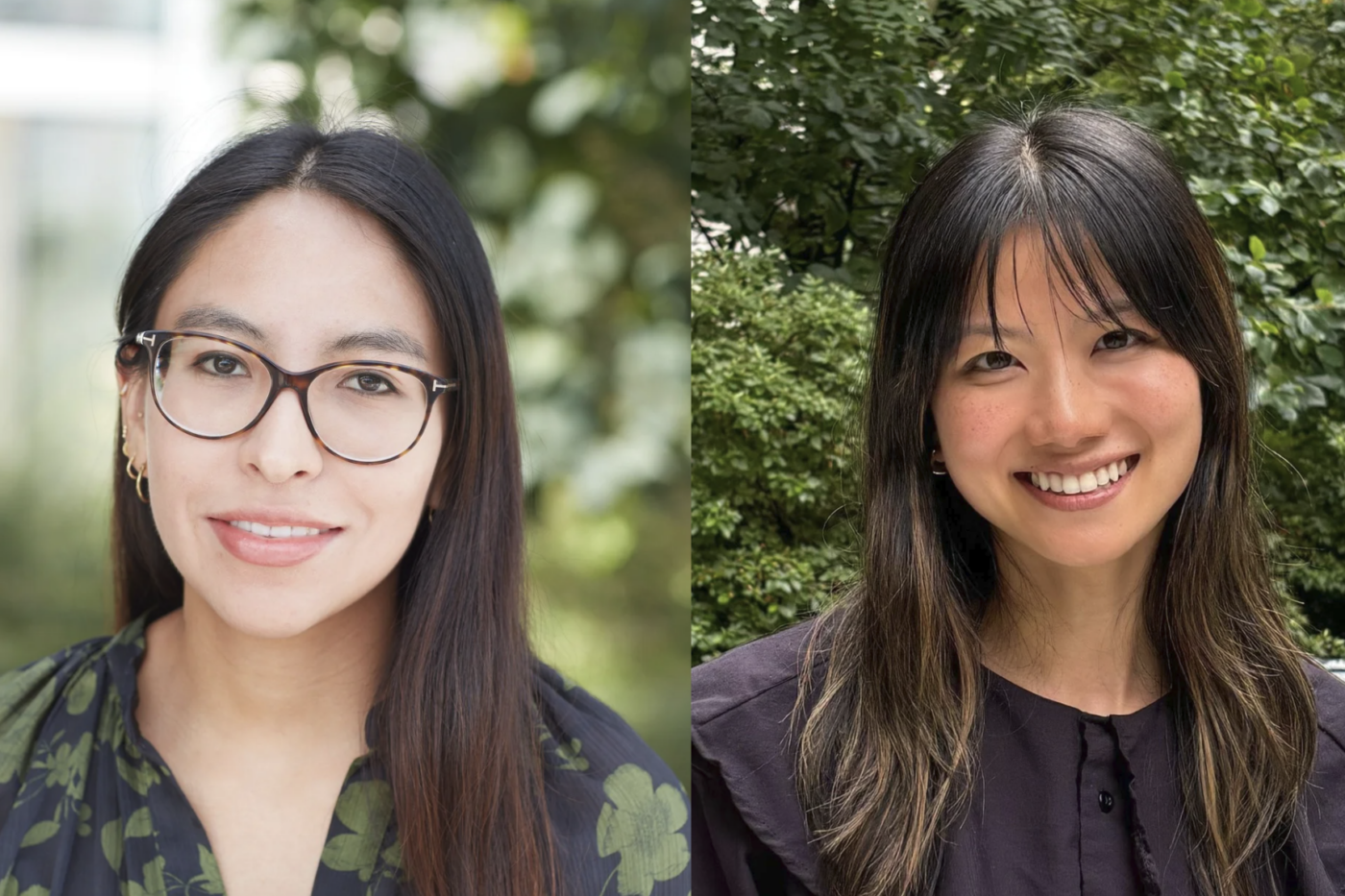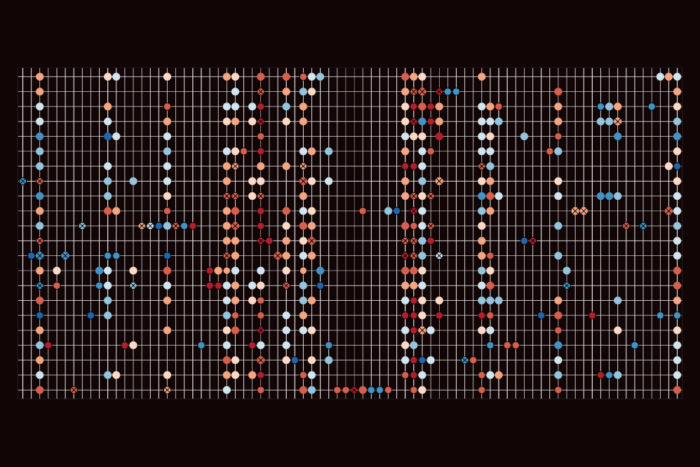C. David Allis elected to the National Academy of Medicine
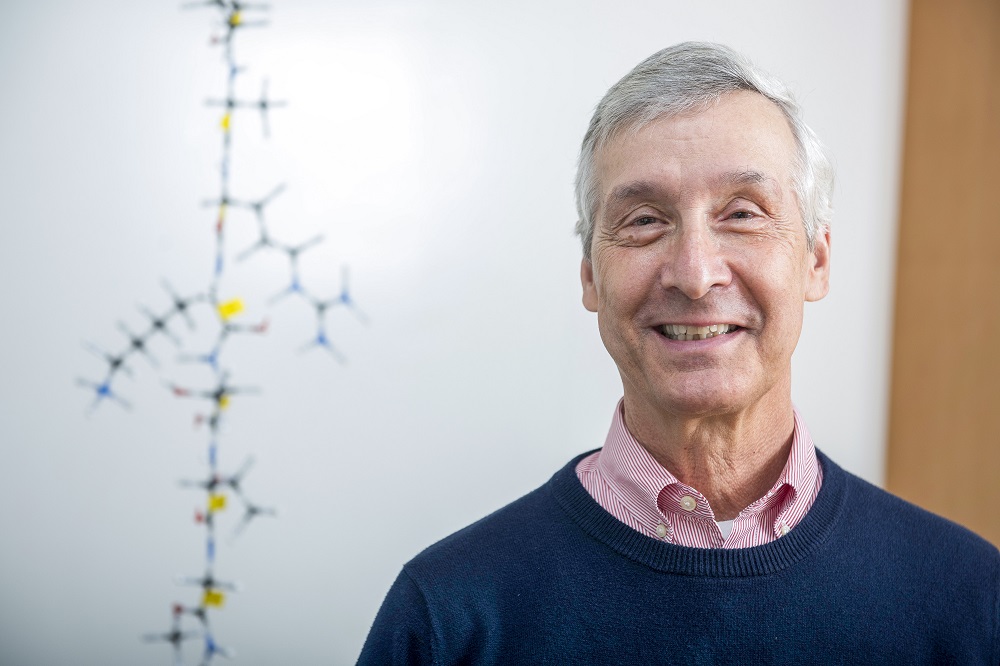
C. David Allis
C. David Allis, whose pioneering research established that enzymes that modify histone proteins, which package DNA in the nucleus, regulate gene expression, has been elected to the National Academy of Medicine, the academy announced this morning. Membership in the academy is considered one of the highest honors in the fields of health and medicine and recognizes individuals who have demonstrated outstanding professional achievements and commitment to service. Allis is the Joy and Jack Fishman Professor and head of the Laboratory of Chromatin Biology and Epigenetics.
Allis studies chromatin, the complex of DNA wrapped around clusters of histone proteins to form nucleosomes. This packaging mechanism allows the two meters of DNA in every human cell to be efficiently stored in the nucleus, opening up when genes are called upon to be expressed. Histone modifications play key roles in facilitating or restricting access to specific genes by the proteins required for gene expression, promoting either gene activation or repression as needed.
“Allis’s work has revealed a fundamentally new layer of complexity to the regulation of gene expression in eukaryotes, and it is becoming clear that mutations in the genes that direct the production, removal, or reading of histone modifications are major drivers of diverse human diseases,” says Richard P. Lifton, the university’s president.
Recent work in Allis’s lab has focused on epigenetic causes of diseases and has helped illuminate the cellular processes that drive several types of cancer. He has worked together with clinicians to inform the development of new therapies. Unlike conventional cancer therapies that simply kill tumors, epigenetic treatments aim to correct the conduct of cancer cells by turning off genes that encourage destructive behavior.
“These newly elected members represent the most exceptional scholars and leaders whose remarkable work has advanced science, medicine, and health in the U.S. and around the globe,” says Victor J. Dzau, National Academy of Medicine president. “Their expertise will be vital to addressing today’s most pressing health and scientific challenges and informing the future of health and medicine for the benefit of us all. I am honored to welcome these esteemed individuals to the National Academy of Medicine.”
Allis is one of 100 new members elected to the Academy today. With Allis’ election, Rockefeller has 17 members of the National Academy of Medicine among its faculty.
